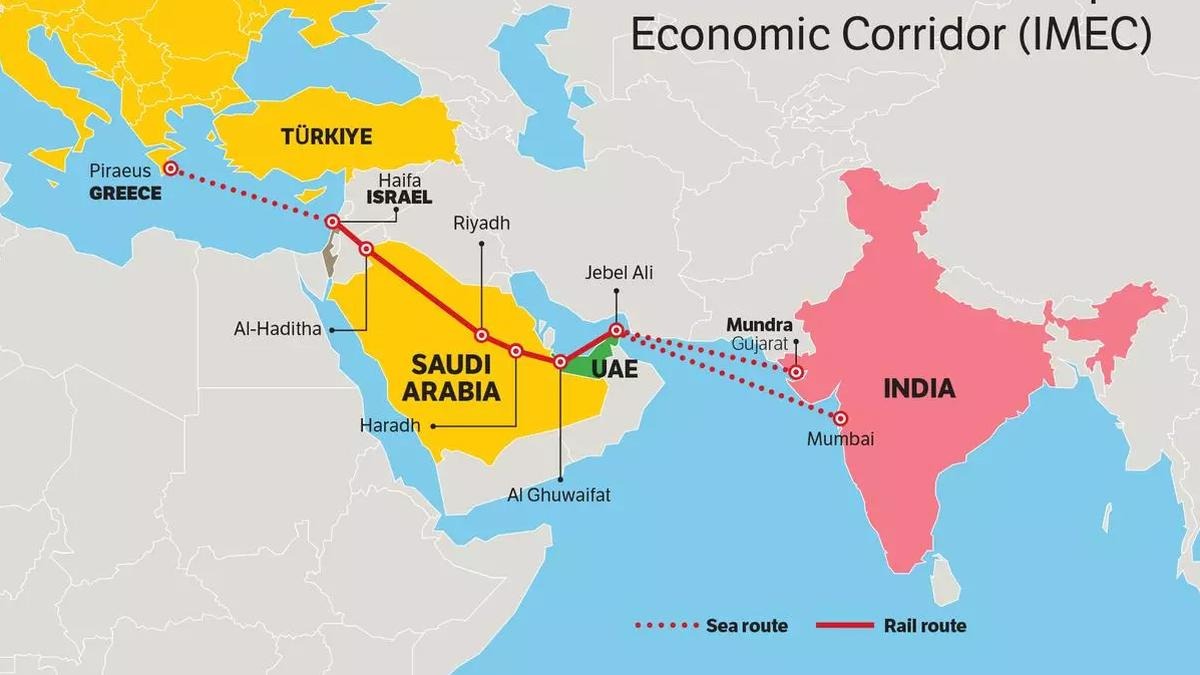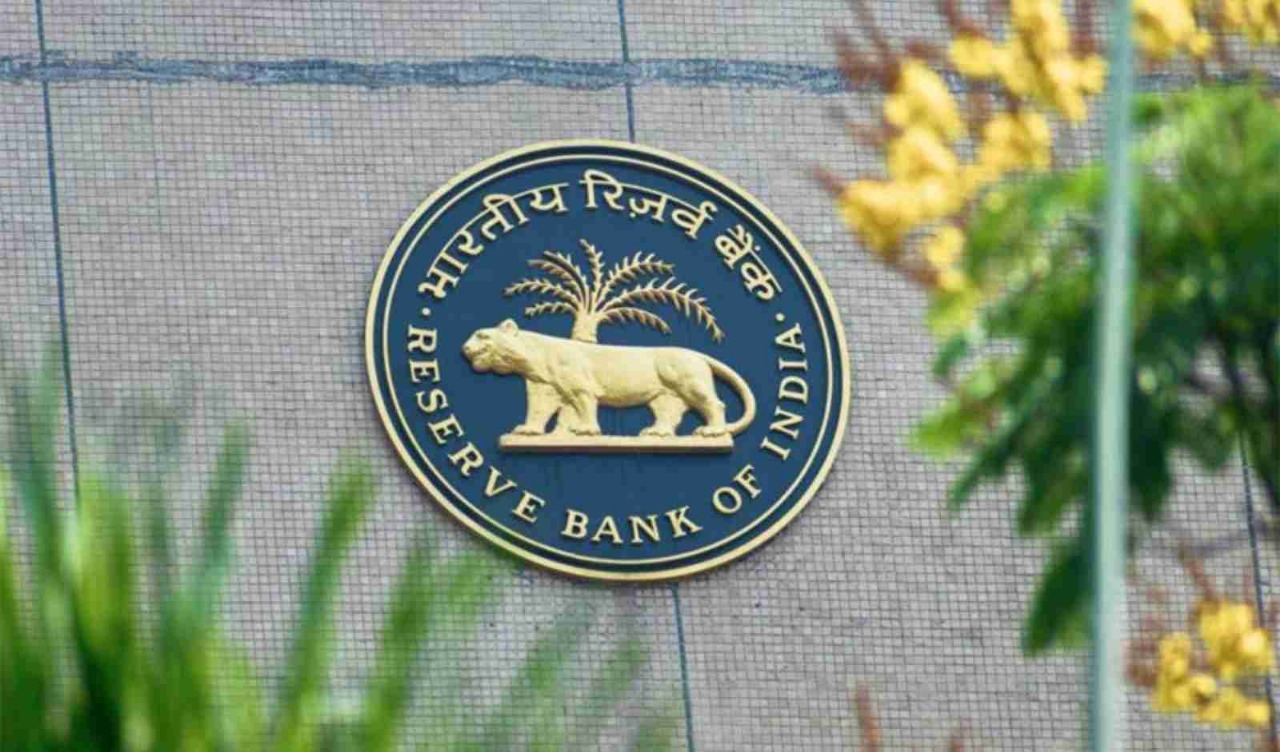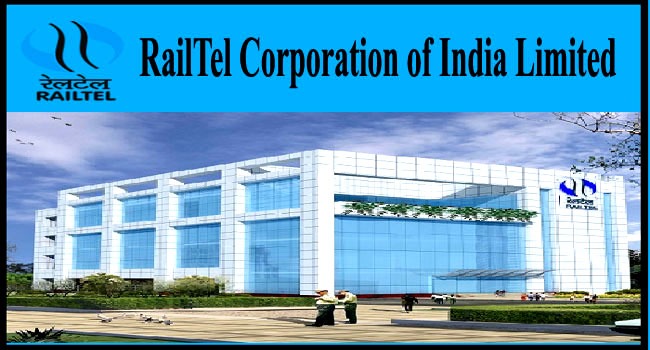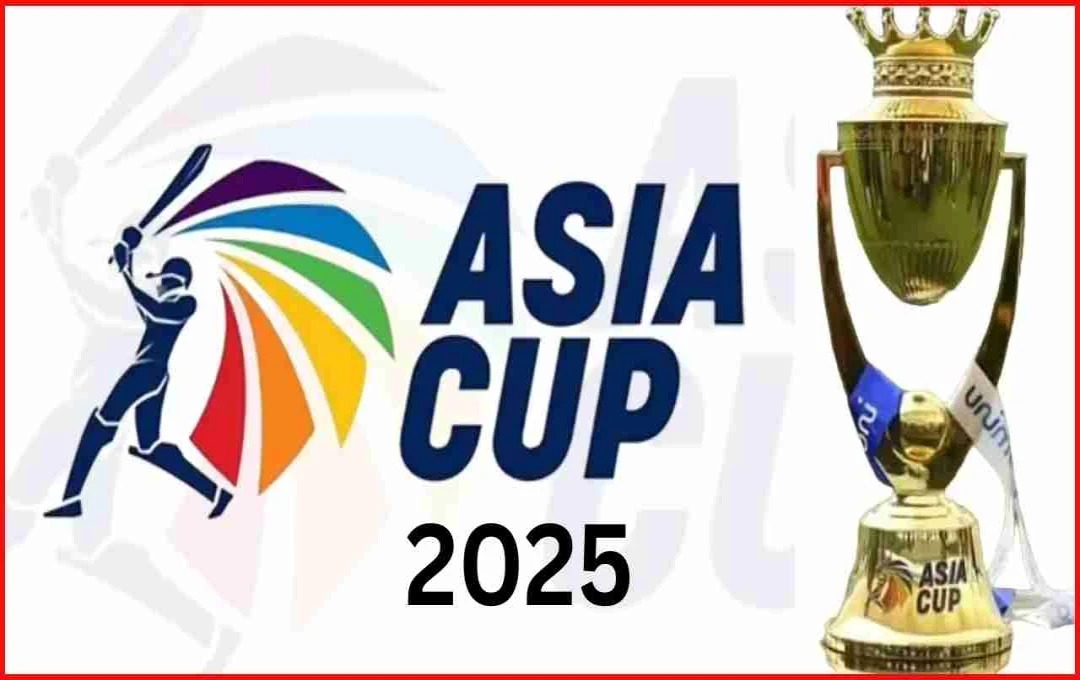
Follow WOWNEWS 24x7 on:

The ambitious India-Middle East-Europe Economic Corridor (IMEC), a multi-billion dollar infrastructure and trade initiative launched during the G20 Summit in New Delhi in September 2023, is now facing serious uncertainty due to the ongoing war in Gaza. The conflict has not only disrupted regional stability but also stalled diplomatic engagement, threatening to derail what was envisioned as a transformative project for global connectivity.
Strategic Vision and Scope of IMEC
IMEC was conceived as a counterweight to China’s Belt and Road Initiative, aiming to connect India to Europe via the Middle East through a network of railways, ports, energy pipelines, and digital infrastructure. The corridor was backed by India, the United States, Saudi Arabia, the European Union, the United Arab Emirates, and Israel.
1. The project promised to link a combined GDP of 47 trillion dollars across partner nations
2. Israel was expected to serve as a central junction, connecting Gulf nations to European ports
3. IMEC was designed to enhance digital public infrastructure, green energy cooperation, and secure trade routes
Impact of the Gaza War
The war in Gaza has triggered a cascade of complications for IMEC’s implementation:
- Diplomatic normalization talks between Israel and Arab nations have stalled
- Investor confidence has plummeted due to heightened security risks
- Hostage crises and humanitarian fallout have dominated global headlines, sidelining infrastructure diplomacy
- Saudi Arabia’s frustration with Israel’s war posture is growing, weakening strategic cohesion among IMEC partners
Israeli media reports suggest that the corridor may now face indefinite delays, with some stakeholders reconsidering their involvement altogether.
China’s Strategic Advantage
While IMEC falters, China finds itself in a favorable position. The corridor was widely seen as a direct challenge to China’s Belt and Road Initiative, which has already established a vast network of global infrastructure alliances.
- A stalled IMEC removes immediate competition for China in the Middle East and Europe
- Beijing gains breathing room to expand its influence without counter-pressure from rival corridors
- The delay also allows China to deepen its ties with Gulf nations, many of whom are now reassessing their strategic options
India’s Stakes and Setbacks
For India, IMEC was more than a trade route—it was a geopolitical leap. The corridor aligned with New Delhi’s push for global leadership in digital infrastructure, energy security, and strategic connectivity.
- IMEC offered India a direct link to European markets, bypassing traditional chokepoints
- It was expected to boost India’s role in global trade and reduce dependency on Chinese-controlled routes
- The project also symbolized India’s growing clout in multilateral diplomacy
However, the longer the Gaza conflict continues, the harder it becomes for India to maintain momentum. The diplomatic freeze and regional instability threaten to turn IMEC into a footnote rather than a flagship.
Alternative Routes and Future Prospects
Some experts have proposed rerouting the corridor through Egypt to bypass the conflict zones. While technically feasible, such alternatives require fresh negotiations, new infrastructure planning, and consensus among all stakeholders.
- The idea of a western spur through Egypt’s Mediterranean ports is gaining traction
- However, this would dilute the original strategic intent and delay implementation further
- The upcoming IMEC conference in Delhi, featuring envoys from the US, France, and Italy, may offer clarity on next steps
Conclusion
The IMEC project, once hailed as a game-changer for global trade and diplomacy, now hangs in the balance. Its fate depends not only on infrastructure planning but on the resolution of a deeply entrenched geopolitical crisis. As India and Saudi Arabia grapple with setbacks, China quietly celebrates a strategic reprieve.
Sources : MSN India, Zee News, The Hindu, Navbharat Times




